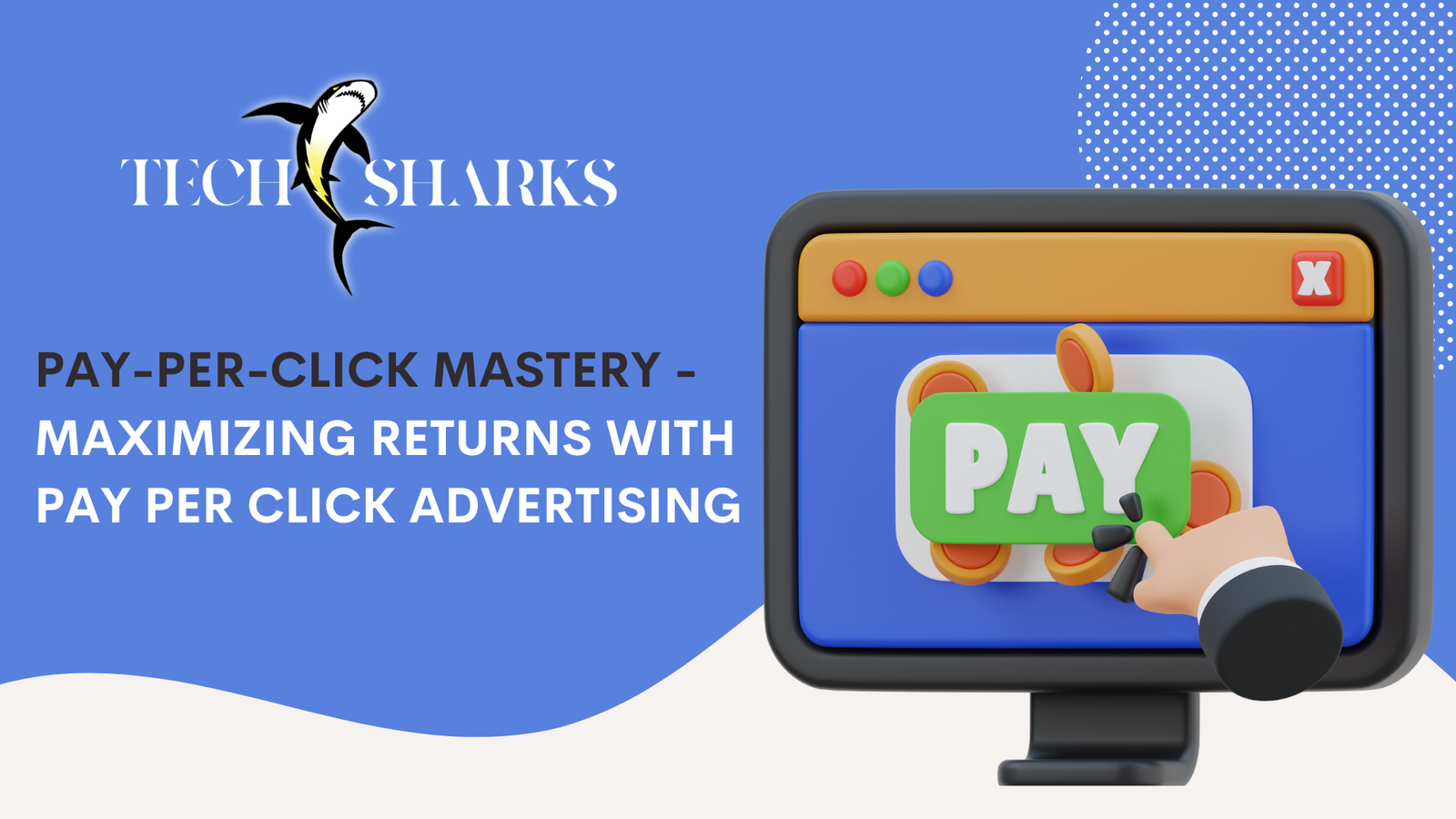
Are you looking for effective ways to increase your online visibility, attract more supporters, and achieve your organization’s goals? Welcome to the world of SEO for nonprofits! But, how to start? Techsharks, the trusted search engine optimization digital marketing company that has helped numerous nonprofits succeed online is here to help. In this comprehensive guide, we’ll walk you through the easy steps to get started with Search engine optimization. Moreover, you’ll learn how to maximise your impact in the digital world. Let’s dive in and take your non-profit to the next level with Techsharks’ expert SEO strategies!
Key SEO Tips To Get You On The Right Track
First and foremost, it’s important to understand the power of SEO for non-profits. Optimizing your website for search engines. You can increase your online visibility, attract more visitors to your site. Thus, engaging with more supporters who are passionate about your cause.
So, where do you start? Here are some key SEO tips to get you on the right track:
- Before you can optimize your website, you need to know what keywords your target audience is searching for. Use tools like Google Keyword Planner to identify relevant keywords and phrases.
- Make sure your website is well-structured and easy to navigate, with clear headings and subheadings that include your target keywords.
- Use your target keywords in your website content, including your headlines, body copy, and meta descriptions.
- Backlinks from reputable websites can help improve your website’s authority and increase your search engine rankings. Likewise, reach out to other non-profits and relevant organizations to build these links.
- Social media can be a powerful tool for non-profits to build their brand and engage with supporters. Share your website content on social media and encourage others to do the same.
You can start building your brand online and reaching more supporters who are passionate about your cause with these SEO tips.
10 Reasons Why your Non-Profit Organization Needs SEO
You may be wondering why you need SEO for non-profits. Here are a few benefits of search engine optimization you’ll get:
- Search engine optimization helps your non-profit appear higher in search engine results, making it easier for people to find you online. It is one of the main benefits of search engine optimization.
- By optimizing your website for search engines, you can attract more visitors to your site and increase engagement with your cause.
- SEO involves improving the user experience on your website, making it easier for visitors to navigate and find what they’re looking for.
- With more targeted traffic to your website, you can increase your conversion rates and turn more visitors into supporters.
- Search engine optimization is a cost-effective way to market your non-profit, as it doesn’t require paid advertising or expensive campaigns. Long-term benefits: Unlike other forms of marketing, SEO provides long-term benefits that can continue to drive traffic and engagement to your site over time.
- By appearing higher in search engine results, your non-profit can increase its credibility and authority in your field.
- By optimizing your website for search engines, you can attract more engaged and committed supporters.
- Search engine optimization can help you build stronger relationships with your donors by providing them with a better user experience and more relevant content.
- By implementing effective strategies of search engine optimization digital marketing, your non-profit can reach more people, attract more supporters, and make a bigger impact in the world.

Write Keyword-Rich Headlines and Descriptions
You need to write some keyword-rich headlines and descriptions.
- Headlines can be used to describe what your nonprofit does, but they also need to be compelling enough that people want to click on them. For example: “Help us save the whales! They’re dying out because of our garbage.”
- Descriptions are more detailed than headlines, so use this space as an opportunity for longer-form writing. You can include information about who your organization serves, how it works, or why people must donate their time and money (and other resources).
- URLs should contain keywords related to what the page contains–for example, if the page is about donating money toward building houses in Africa then consider using “donate” as part of your URL structure rather than just sticking with something like “http://www1/homepage/”
Improve the Readability of Content
To improve the readability of your content, consider using:
- Bullet points and subheadings
- Short paragraphs (one to two sentences)
- Headers (h1-h6) with bold and italic text to highlight important points
- A readable font size (16px) or larger if possible
Optimize for Mobile Devices
When you’re optimizing your site for mobile search, there are a few things to keep in mind. First and foremost, make sure that your site is mobile-friendly. If it isn’t already, consider switching to a responsive design so that users can access the same content from any device with ease. In addition, you need to use a CMS (content management system) such as WordPress or Drupal that allows users with little technical knowledge to update content on their own without having to contact IT every time they need something edited or added.
Finally–and this is important–make sure your site is optimized for mobile search! Google has recently announced new standards regarding how websites appear when viewed through mobile devices; if yours doesn’t meet these requirements yet then now’s the time before penalties are imposed by Google itself!
Create an SEO-Friendly Site Architecture
A sitemap is a list of all the pages on your site, and it helps search engines find them.
- Make sure all pages are reachable. If you have an event page that’s only accessible by clicking through from another page, then it won’t show up in Google search results! This can happen if you use JavaScript or AJAX to load content dynamically. But, make sure that all pages are still accessible via traditional HTML links as well.
- Use unique titles and descriptions for each page on your site–and don’t forget about image alt texts too! These two things determine how prominently each piece of content will appear in search results when someone searches for something related to what you’re writing about.

Use Internal Linking to Improve Site Discoverability
Internal linking is a great way to improve site discoverability. Link the content to related content, other pages on your site, or even pages on other sites.
- Linking to related content is an easy way to provide more value for readers and encourage them to explore further into your website’s archives. In addition, it helps search engines understand what information is most important for users looking for relevant keywords (i.e., “how-to” articles).
- Internal links within an article give readers the option of exploring other parts of the page without leaving it. Thus, making it easier for them to find additional information that may be useful or interesting at a later date when they revisit the page in their browser history later down the line after reading through everything else first time around.
We hope this post has made you feel more confident about your nonprofit’s SEO. Remember that it’s never too late to start improving your website and attracting new visitors. So, let’s start today!




